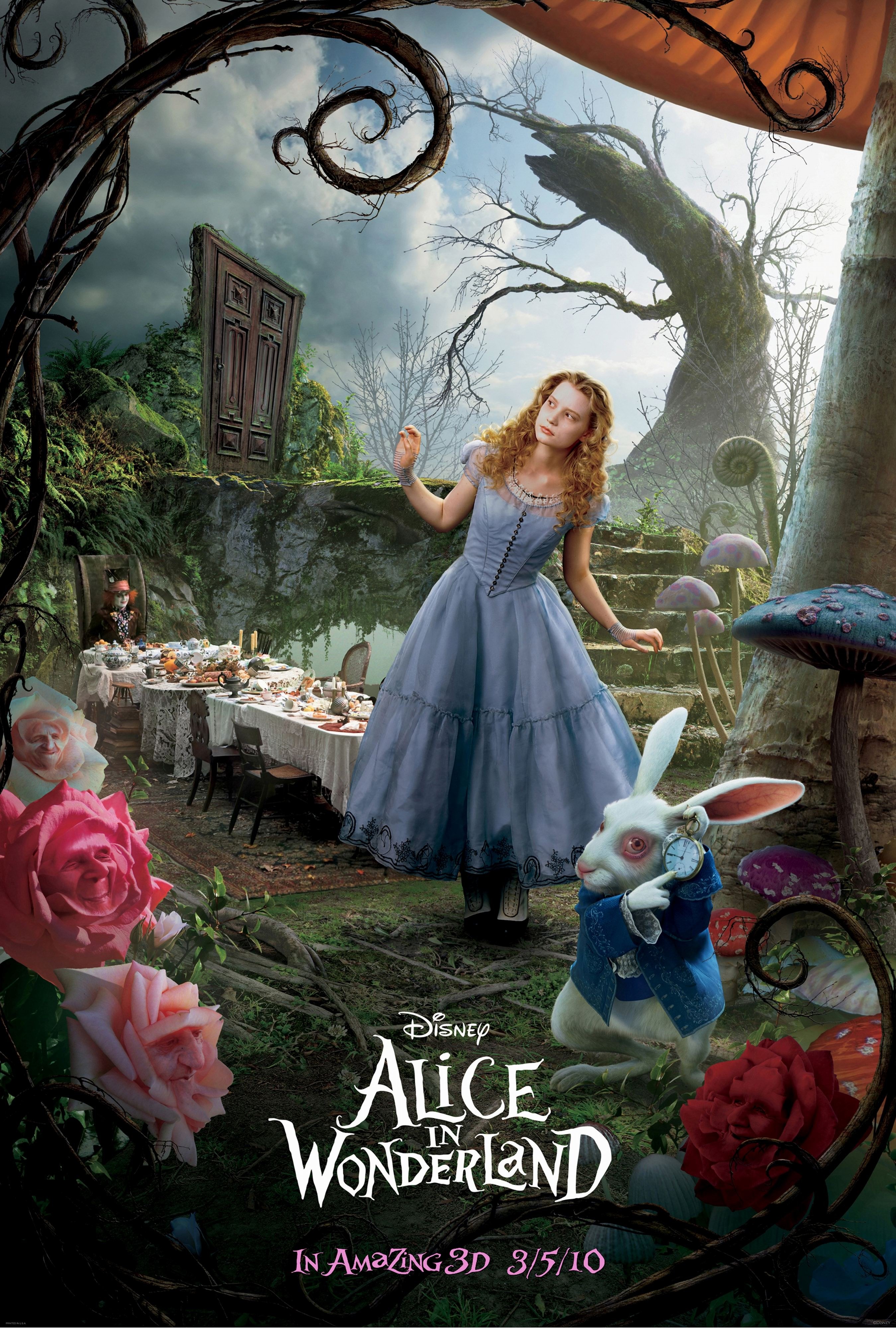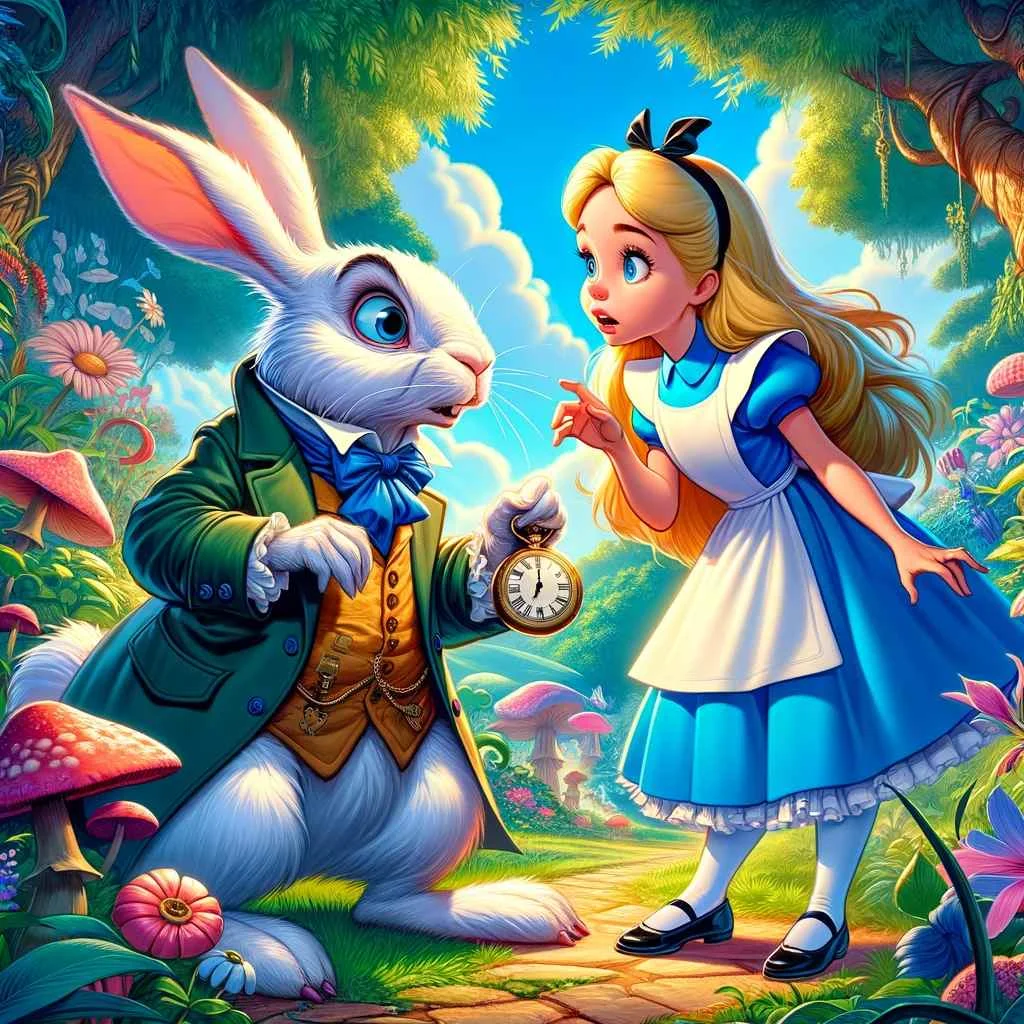Alice In Chains Lead Singer: The Voices Behind The Grunge Icon
The landscape of rock music in the early 1990s was irrevocably shaped by a movement born in the rainy city of Seattle: grunge. At the forefront of this raw, emotionally charged sound stood Alice in Chains, a band whose distinctive sound and profound lyrical depth resonated with millions. Central to their unique identity was the unmistakable voice of their original lead vocalist, Layne Staley. His powerful, haunting delivery, often intertwined with Jerry Cantrell's harmonies, became the signature of a band that defied easy categorization, even within the diverse grunge scene.
Alice in Chains carved out a niche that was darker, heavier, and more introspective than many of their contemporaries. Their music delved into themes of addiction, depression, and isolation, mirroring the personal struggles of their frontman. The legacy of Alice in Chains is a complex tapestry woven with immense talent, critical acclaim, and profound tragedy. This article explores the indelible mark left by Layne Staley, the challenging path the band navigated after his passing, and the continuation of their powerful journey with their current lead singer, William DuVall.
Table of Contents
- Layne Staley: The Original Voice of Alice in Chains
- Biography of Layne Staley
- The Rise of a Grunge Icon
- A Distinctive Sound and Lyrical Depth
- The Struggle and the Decline
- Alice in Chains After Layne: A Hiatus and a New Beginning
- The Enduring Legacy of Alice in Chains
- Conclusion: The Unbreakable Spirit of Alice in Chains
Layne Staley: The Original Voice of Alice in Chains
Layne Thomas Staley, born Layne Rutherford Staley, was the original lead vocalist of Alice in Chains. His voice was not merely a tool for singing; it was an instrument of raw emotion, capable of conveying profound pain, vulnerability, and power. From the band's inception in 1987, Staley’s vocal prowess was a cornerstone of their sound, propelling them to international fame in the early 1990s as a pivotal part of Seattle's grunge movement. He was the gifted but troubled lead singer of Alice in Chains, one of the most successful and influential rock bands to emerge from Seattle’s grunge scene. With his unique vocal abilities and intensely personal lyrics, Staley played a major role in propelling the band to stardom.
Staley's distinctive baritone, often laced with a haunting fragility, gave Alice in Chains a sonic identity that stood apart. His ability to shift from a guttural roar to a mournful wail, often within the same breath, captivated audiences. Paired with Jerry Cantrell's equally distinctive harmonies, the blend created a chilling, almost spectral quality that became synonymous with the band’s darker lyrical themes. This vocal dynamic was groundbreaking and set a new standard for rock vocals in the era.
Biography of Layne Staley
To truly understand the impact of Layne Staley, it’s essential to look at the man behind the voice. His life, though tragically cut short, left an indelible mark on music history.
| Attribute | Detail |
|---|---|
| Full Name | Layne Thomas Staley (born Layne Rutherford Staley) |
| Born | August 22, 1967 |
| Died | April 5, 2002 (aged 34) |
| Birthplace | Kirkland, Washington, U.S. |
| Occupation | Musician, Singer-Songwriter |
| Years Active | 1984–2002 |
| Associated Acts | Alice in Chains, Mad Season, Class of '99, Jerry Cantrell |
Born in the city of Kirkland, Washington, Staley's early life was marked by the separation of his parents, an event he later cited as a significant emotional turning point. His passion for music emerged early, leading him to sing in various glam metal bands before forming what would become Alice in Chains. Initially, the band was called Alice 'N Chains and Staley joined a funk band afterwards, but the core group that would define their sound soon coalesced. This formative period laid the groundwork for the unique fusion of heavy metal and grunge that would define their sound.
The Rise of a Grunge Icon
Alice in Chains rose to international fame as part of the grunge movement of the early 1990s. Of all the Seattle bands of the late 1980s and early 1990s, it always seemed that Alice in Chains, led by vocalist Layne Staley, were doing something a little different. While much of the grunge movement saw bands provide their own take on whatever grunge was meant to be, Alice in Chains carved out a distinct identity. The band became known for its distinct vocal style, characterized by Staley’s haunting harmonies with guitarist Jerry Cantrell, and their heavy, sludgy riffs. Their sound was often described as a blend of heavy metal and acoustic sensibilities, infused with a raw, emotional honesty that set them apart.
Their debut album, "Facelift" (1990), introduced their unique sound to the world, but it was "Dirt" (1992) that cemented their status as grunge heavyweights. "Dirt" was a darker, more introspective album, delving deep into themes of addiction, war, and depression, with Staley's lyrics and delivery making the pain palpable. This album, along with their EPs "Sap" (1992) and "Jar of Flies" (1994), showcased the band's versatility, effortlessly blending acoustic beauty with crushing electric power. These albums often charted highly and received various awards and nominations, solidifying their place as a prominent force in the rock music scene. Layne Staley’s contributions were immeasurable; his ability to convey deep-seated pain and vulnerability through his voice made their dark lyrics even more impactful, creating a cathartic experience for listeners.
The band's live performances were equally captivating. Staley, despite his growing personal struggles, possessed an undeniable stage presence. He was a magnetic figure, drawing audiences into the band's intense emotional landscape. The raw energy and emotional honesty of their shows became legendary, further solidifying their reputation as one of the most compelling acts of the era.
A Distinctive Sound and Lyrical Depth
What truly set Alice in Chains apart was their unique vocal interplay and the profound lyrical themes they explored. Layne Staley's voice, often layered with Jerry Cantrell's, created a haunting, melancholic harmony that became the band's signature. This dual vocal approach was a rarity in grunge and gave their music an unparalleled depth. Their lyrics, primarily penned by Cantrell but delivered with visceral conviction by Staley, frequently delved into the dark underbelly of human experience: addiction, depression, isolation, and death.
Staley's ability to imbue these lyrics with raw, personal emotion made them incredibly relatable to a generation grappling with its own anxieties. His performances were not just singing; they were an outpouring of his soul, a window into his struggles. This authenticity, coupled with the band's heavy, yet melodic instrumentation, created a powerful synergy that resonated deeply with fans worldwide. Their music wasn't just heard; it was felt, often intensely. Songs like "Man in the Box," "Rooster," and "Would?" became anthems, showcasing the band's unique blend of power and introspection. The interplay between Staley's lead vocals and Cantrell's harmonies created a signature sound that was both beautiful and unsettling, a perfect reflection of the band's thematic concerns. This distinctive vocal dynamic remains one of the most recognizable and influential aspects of their sound.
The Struggle and the Decline
Despite their meteoric rise and critical acclaim, Alice in Chains' journey was tragically marred by the escalating drug issues of their lead singer, Layne Staley. His battle with addiction became increasingly public and debilitating, eventually leading to the band's effective hiatus. The toll on Staley was immense, both physically and mentally. His health deteriorated significantly, and his ability to perform and record became severely limited.
During periods when Alice in Chains was temporarily on hiatus due in part to Staley’s drug issues, the singer joined Mad Season, a side project formed by Pearl Jam guitarist Mike McCready. This project, while showcasing Staley’s continued musical talent, also highlighted the profound impact of his addiction. Mad Season's only album, "Above," was a powerful, blues-infused rock record, with Staley's vocals once again conveying deep emotional turmoil. In the fall of 1993, Alice in Chains played a series of shows in Japan, and lead singer Layne Staley took the opportunity to explore some alternate career options outside of music. Advertisement Inez talked about the late Staley's extracurriculars during a 2010s Alice in Chains reunion tour, and they were indicative of the kind of person Staley was – someone who, despite his struggles, had a unique spirit and interests beyond music, even considering things like becoming a truck driver. However, these diversions were often overshadowed by his worsening condition, making it increasingly difficult for him to participate in band activities.
A Prophetic Prediction
The gravity of Staley's addiction was not lost on those closest to him. As Alice in Chains drummer Sean
- Toy Shack Las Vegas
- Ryder Cup 2025
- July Snowfall Philadelphia Airport
- Satta Matala Com
- Atlantic Firearms

Alice in Wonderland (2010) poster - FreeMoviePosters.net

Alice in Wonderland - Alice in Wonderland (2010) Photo (16094071) - Fanpop

Alice in Wonderland Short Story - Dream Little Star